What is Presales Enablement?
Presales enablement is a strategic approach to empowering your presales team – typically consisting of solution architects, sales engineers, and technical account managers – to excel during the early stages of the sales cycle. It focuses on providing them with the resources and expertise necessary to:
- Deeply understand customer needs: Presales professionals act as a bridge between technical understanding and customer challenges. Enablement equips them to effectively analyze customer pain points and identify how your product or service offers a tailored solution.
- Deliver compelling product demonstrations: Showcasing your product's capabilities is a crucial element in presales. Enablement programs provide training and resources to ensure clear, impactful product demos that resonate with customer priorities.
- Navigate technical conversations with confidence: Presales professionals need to be technical experts, able to answer in-depth questions and address complex concerns. Enablement programs provide ongoing training and knowledge base access to solidify their technical prowess.
- Develop strong negotiation skills: While closing deals typically lies with the sales team, presales often lay the groundwork for negotiation. Through enablement programs, presales professionals learn how to effectively communicate value propositions and navigate price discussions to optimize deal outcomes.
Presales vs Sales Enablement: Partners in Progress
While both presales enablement and sales enablement focus on empowering your sales force, they cater to distinct phases in the sales cycle.
- Focus: Presales enablement prioritizes the pre-sales stage, equipping professionals to qualify leads, understand needs, and deliver compelling product demonstrations. Sales enablement, on the other hand, focuses on the later stages, providing resources and training for effective negotiation, closing techniques, and account management.
- Skills Development: Presales enablement programs emphasize technical expertise, solution-oriented thinking, and clear communication. Sales enablement programs, meanwhile, focus on relationship building, negotiation skills, and objection handling.
- Content and Resources: Presales enablement tools include product collateral, deep-dive training on technical features, and competitive intelligence reports. Sales enablement programs, on the other hand, focus on sales scripts, objection-handling guides, and customer case studies.
Presales Enablement Tools: Types and Examples
Equipping your team with the best presales enablement software makes their jobs easier and empowers them to excel. Here's a breakdown of key categories and some popular options:
- Product Configuration Tools: Product configuration tools allow you to build custom solutions for each prospect based on each requirement. These tools simplify configuring product options based on specific needs, saving valuable time and ensuring proposals accurately show the prospect's requirements and build a value proposition. Some great examples of product configuration tools are CPQ (Configure, Price, Quote) solutions from Salesforce, Oracle, or Apttus.
- Product Demo Software: This software helps you create impactful demos that resonate with prospects and give them a comprehensive view of the product. It also helps you save valuable time. These tools help you build interactive demos, personalize the experience, and collect valuable feedback. Storylane, for instance, lets you create tailored demos highlighting features relevant to each prospect.
- Competitive Intelligence Platforms: These platforms help companies gather intel on their competitors, products, and the latest market trends. This allows your presales team to position your offering and address potential concerns effectively. Some competitive intelligence tools, like SimilarWeb, SEMRush, and Owletter, are great ways for businesses to get insights into their competitors' marketing efforts and monitor and evaluate campaigns.
- Sales Discovery Tools: These tools will help guide presales reps through effective discovery conversations by helping them understand the prospect's specific challenges and tailor their approach. For example, LinkedIn Sales Navigator, Apollo.io, and HubSpot Sales Lead Software are top sales prospecting tools that help teams automate prospect list building and lead prioritization and use them for advanced search capabilities.
- Sales Automation & CRM Software: Most CRM (Customer Relationship Management) software helps companies optimize workflows and centralize data. It also helps companies manage prospect interaction, housing, and prioritizing prospect information. Sales automation tools can handle repetitive tasks, freeing up presales reps' time to focus on building relationships. Some popular sales automation and CRM software options include Salesforce, HubSpot CRM, and Outreach.
- Content Collaboration & Proposal Generation Tools: These tools enable your presales team and other departments to collaborate on proposals, ensuring consistency and a compelling value proposition. Some of the best tools, like PandaDoc and Proposify, simplify and expedite the proposal creation process.
Investing in the right presales, enablement tools can help your team deliver better, shorten the sales cycle, and close more deals.
Related Read: Top 12 Sales Enablement Tools in 2026
How to Enable Your Presales Teams: Beyond the Tools
While the right tools provide a solid foundation, maximizing presales success goes beyond the tech stack. Take a look at the following strategies to boost your team’s potential:
- Regular Training and Certifications: Give your presales team real-time updates about the ongoing product updates, sales methodology training, eg. MEDDIC Sales Methodology, and industry certifications. This helps in ensuring that they stay ahead of the curve and can confidently address complex customer requirements.
- Sales Methodology Alignment: By aligning presales and sales teams on a common sales methodology, companies can ensure a seamless customer journey by eliminating the client’s confusion and fostering a more collaborative environment.
- Collaboration with Sales: Presales and sales teams should have open communication and collaboration. This enables both teams to have access to valuable insights early in the sales cycle, leading to stronger proposals and higher closing rates.
- Customer Success Orientation: Companies should promote a more customer-centric mind-set to the presales processes. Both teams should be trained to identify and address customer pain points, positioning your product as a solution, not just a feature set.
- Industry Specialization: The presales team should be fully aware and equipped with the latest trends and changes within their industries. This allows them to become subject matter experts, understand industry-specific challenges, and connect with prospects on a deeper level.
- Standardize the Presales Process: Companies that are able to develop clear and well-defined presales processes can ensure that all prospects receive a consistent and professional experience. Using this approach, companies can maintain efficiency and track their performance in a standardized manner.
- Performance Measurement: Setting clear KPIs (key performance indicators) can help in aligning the overall sales goals with a single objective. Some examples of KPIs that can be set include; demo conversion rates, proposal acceptance rates, and customer satisfaction scores. Tracking such metrics allows you to identify areas for improvement and measure the effectiveness of your entire pre-sales efforts.
- Feedback & Recognition: For effective performance, it is imperative to provide continuous feedback and recognition to your presales team. This exercise will keep the team motivated and engaged and encourage them to hone their skills and improve themselves continuously.
By implementing these strategies alongside the right technology, you can create a high-performing presales team that consistently delivers exceptional customer experiences and drives sales success.
Examples of Pre-Sales Enablement Collateral and Resources
- Product Knowledge Base: A comprehensive, centralized knowledge base acts as a single source of truth for all product information. This includes user manuals, solution guides, technical specifications, and troubleshooting tips.
- Sales Battlecards: These concise documents provide a quick reference for key product differentiators, competitive intelligence, and effective communication points for different customer segments.
- Interactive Demos and Presentations: Interactive demo software and pre-built presentations allow presales professionals to showcase product features and functionalities in a visually compelling manner, tailored to specific customer challenges.
- Industry Research and Reports: Access to current industry reports and market research equips presales professionals to understand customer landscape trends and tailor their approach accordingly.
- Role-Playing Exercises: Regularly conducting role-playing scenarios allows presales professionals to practice their communication and negotiation skills, simulating real-world encounters with customers.
- Peer Learning and Coaching: Establishing a culture of peer learning and mentorship within the presales team fosters knowledge sharing and continuous improvement.
Related Read: 15 Sales Collateral Examples to Close More Deals
Enable Your Presales Teams to Create Winning Interactive Demos with Storylane
Presales demos are crucial, but crafting them often eats into valuable time. Storylane, an interactive demo platform, empowers sales engineers to create winning demos in under 10 minutes.
Imagine keeping prospects engaged with clickable elements and dynamic content tailored to their needs. Storylane makes this a reality, giving your presales team the tools to tell a compelling product story and get that technical win.
See the Storylane difference. Start a free trial today!
Presales Enablement FAQs
What is the pre-sales role?
Presales reps act as technical consultants, building relationships and understanding customer needs, showcasing solutions, as well as addressing concerns before the official sales pitch.
How much of the budget should be allocated for presales enablement?
There's no one-size-fits-all answer. Consider factors like company size, sales goals, and current enablement maturity. However, th industry benchmarks suggest 5-10% of your overall sales budget.
How can I measure the ROI (Return on Investment) of presales enablement?
By tracking metrics like lead conversion rates, sales cycle length, and customer satisfaction, companies can measure the return on investment of presales enablement tools. They can compare these metrics before and after implementing presales enablement programs and look for improvements that can lead to increased revenue.
What are some challenges in implementing presales enablement, and how can I overcome them?
Take a look at some potential challenges in implementing presales enablement and how you can overcome them:
- Lack of buy-in from leadership: Demonstrate the potential ROI through clear data and case studies.
- Inconsistent processes: Develop a clear and standardized presales process that can help with increased deal wins.
- Skills gaps: Invest in ongoing sales and product knowledge base training for your presales team.
- Poor data quality: Implement a CRM system to centralize and maintain accurate customer data.

.svg)
.svg)







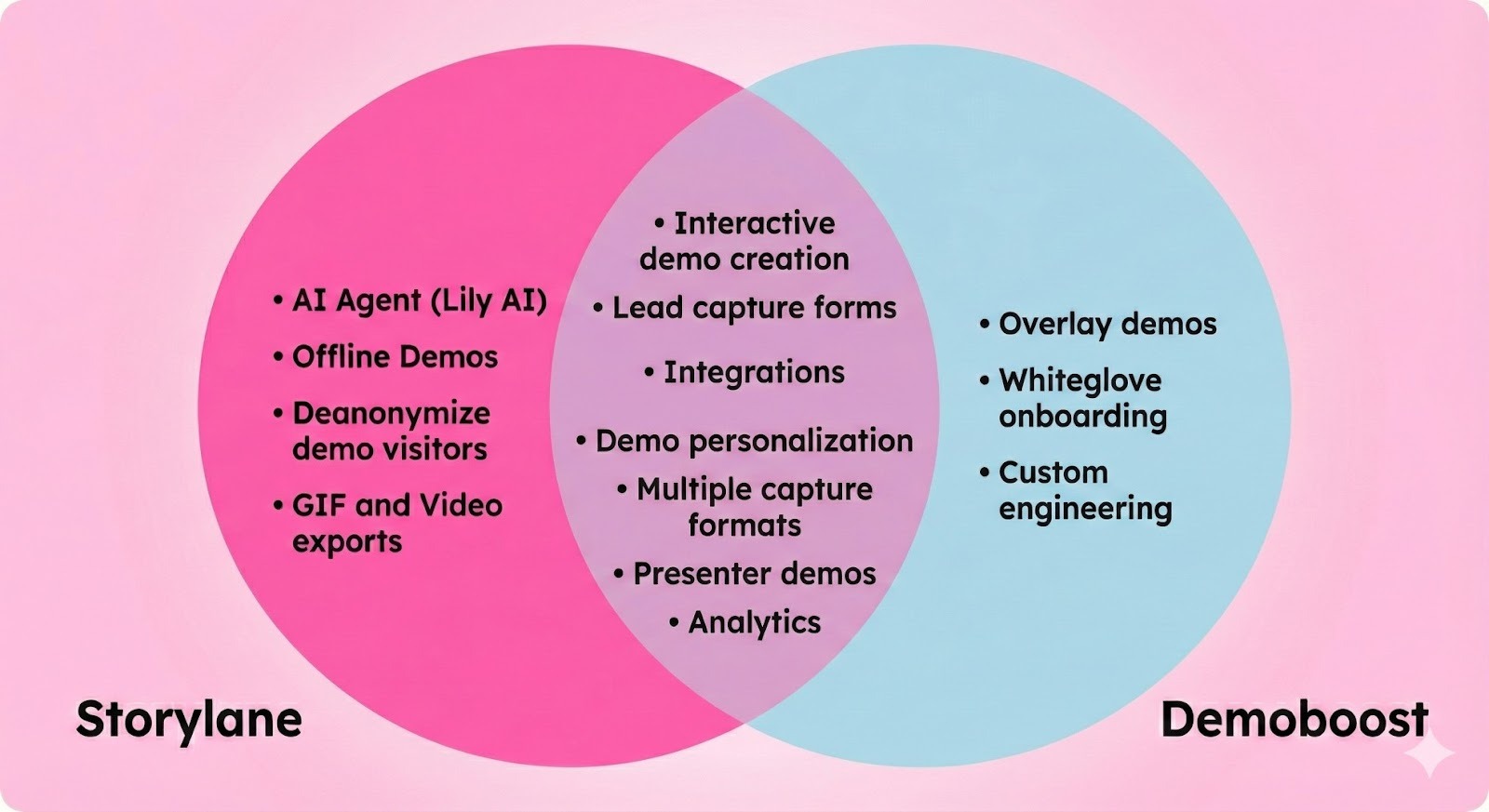

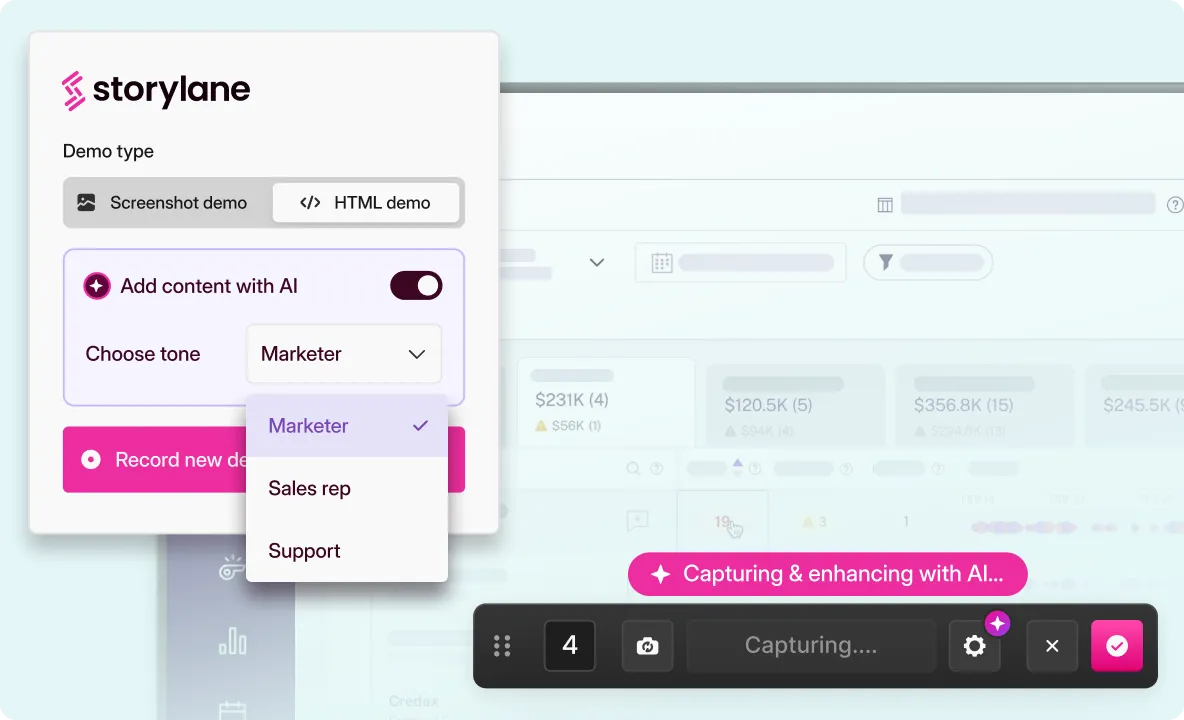
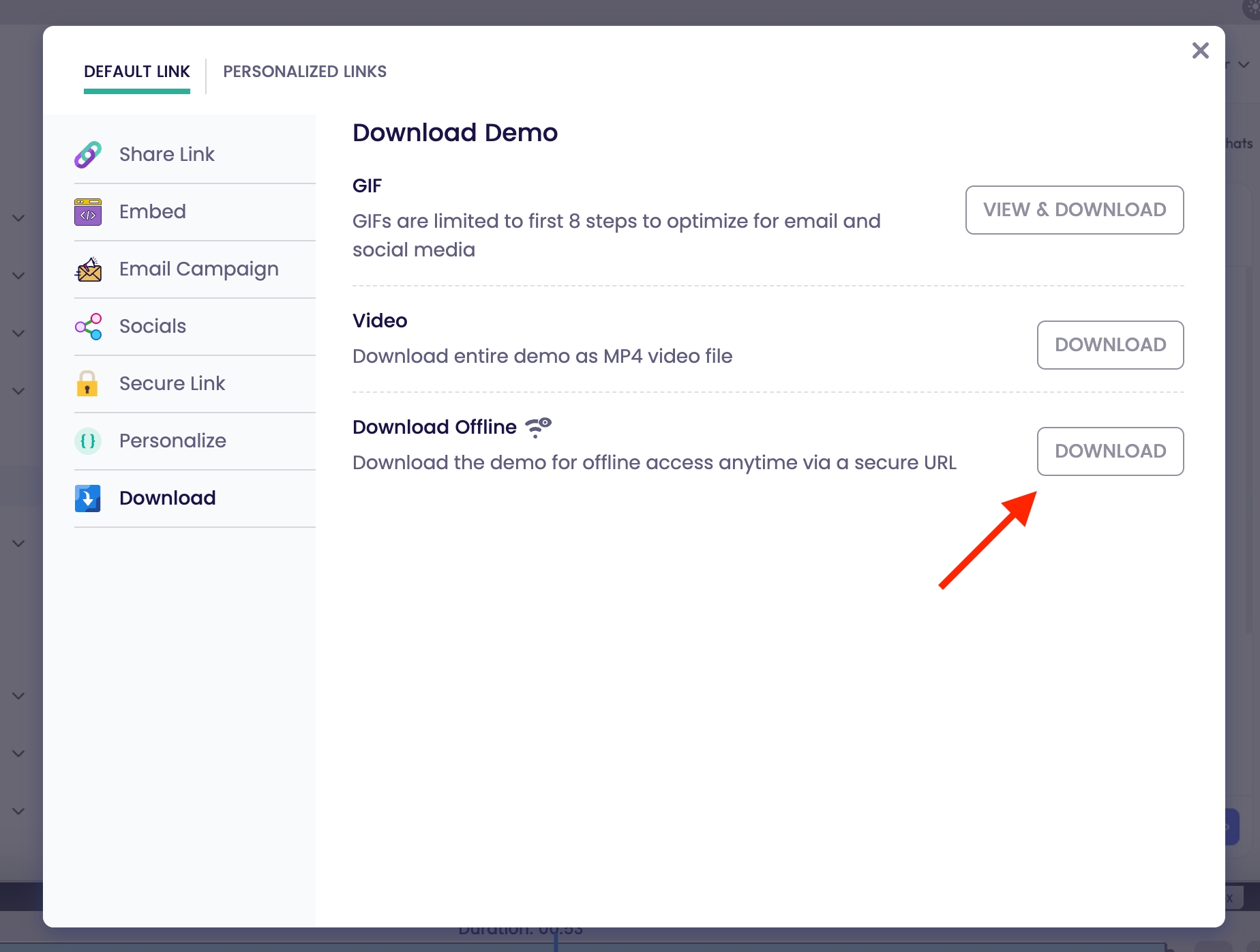
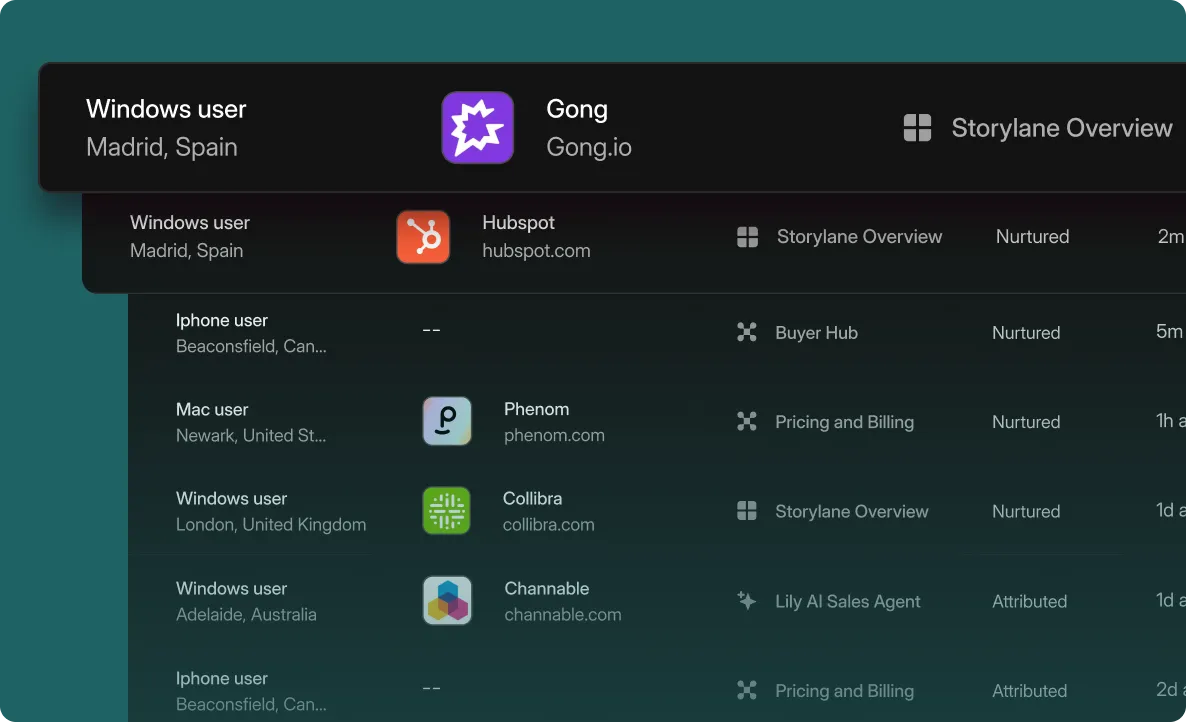
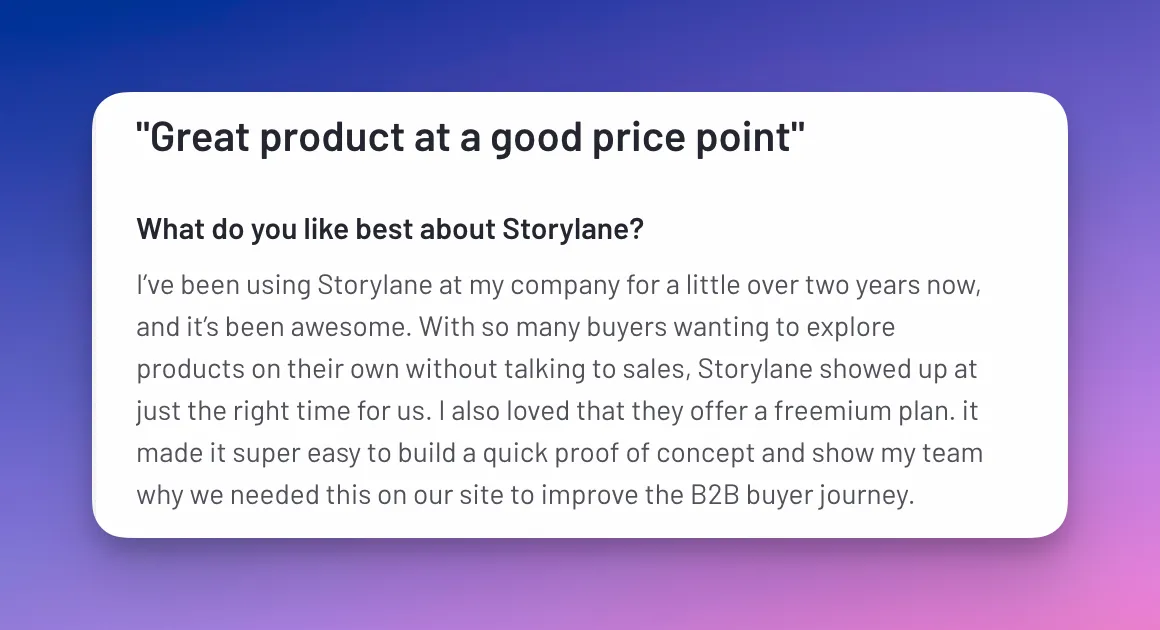
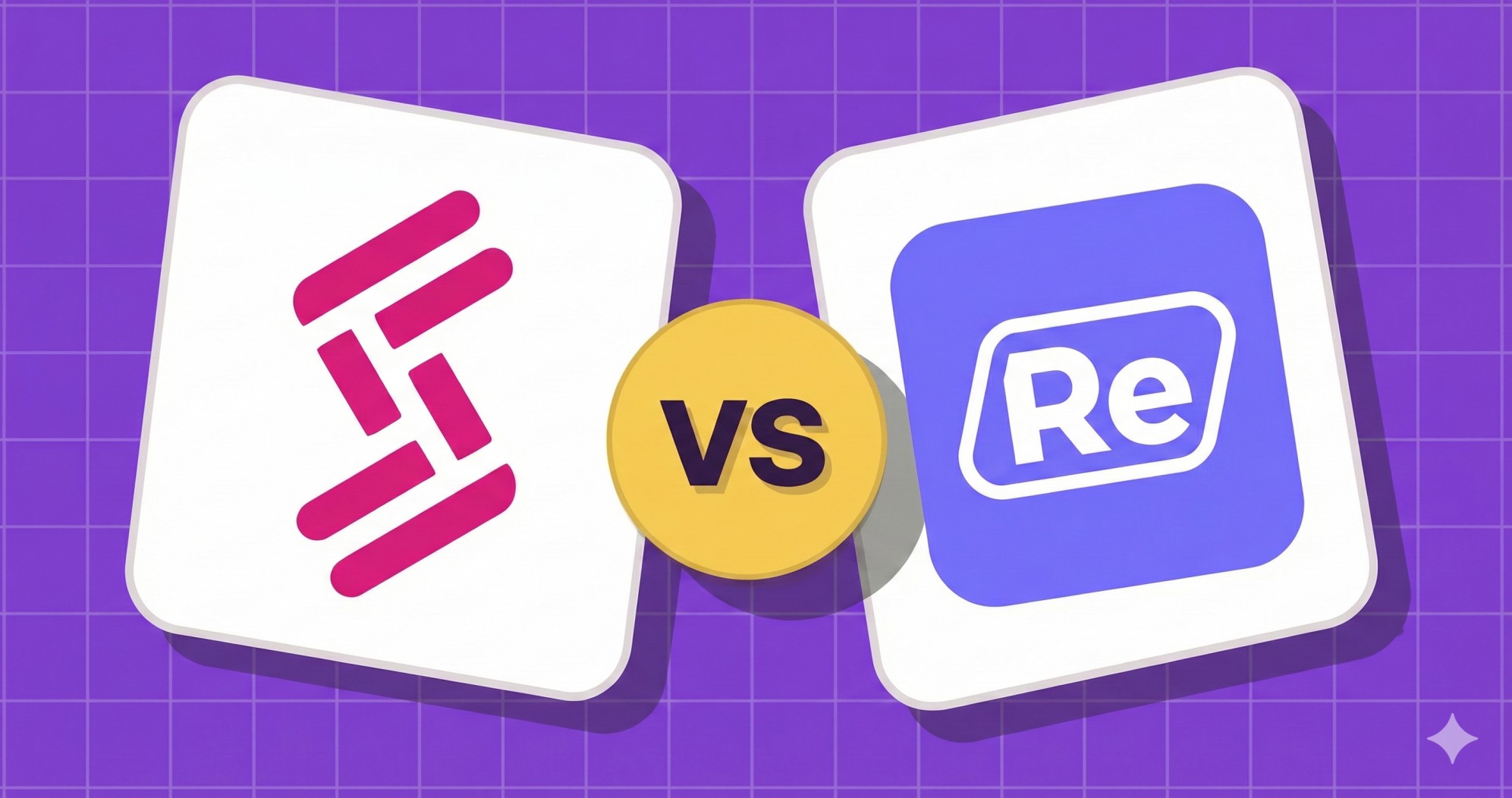
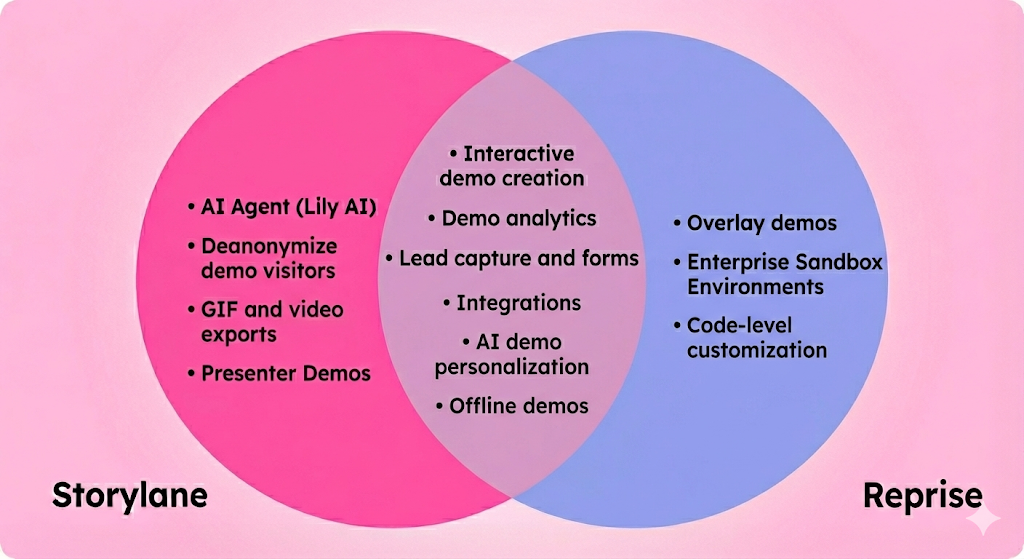
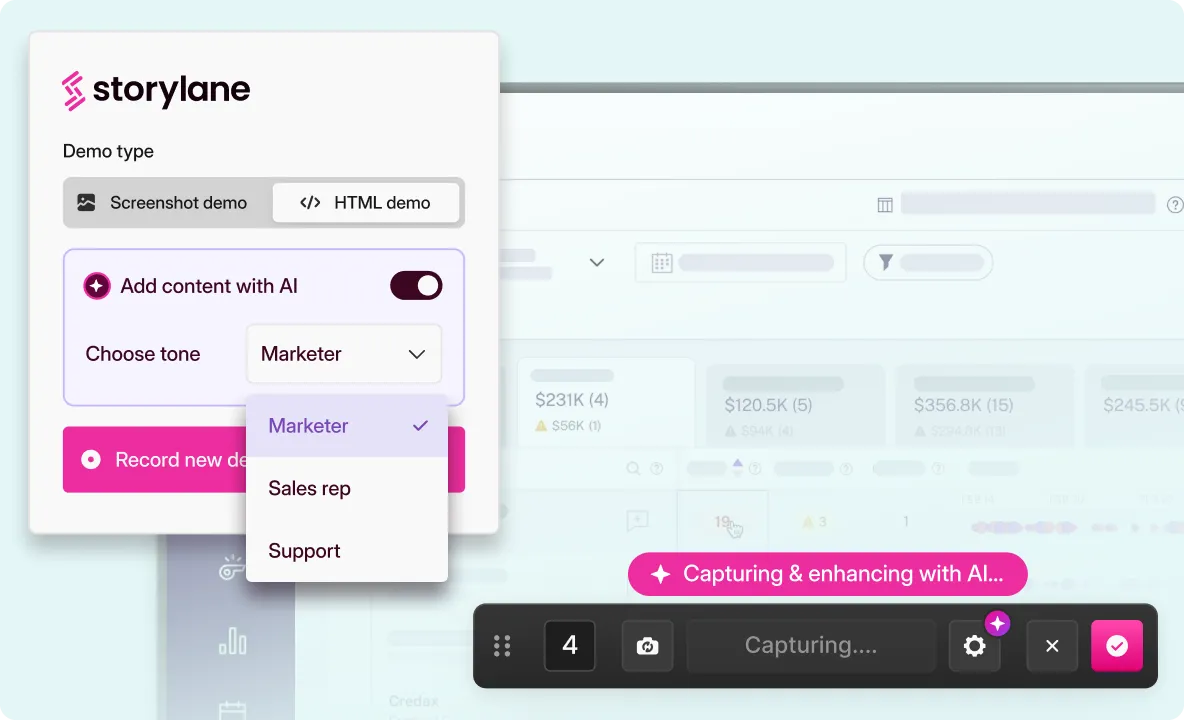
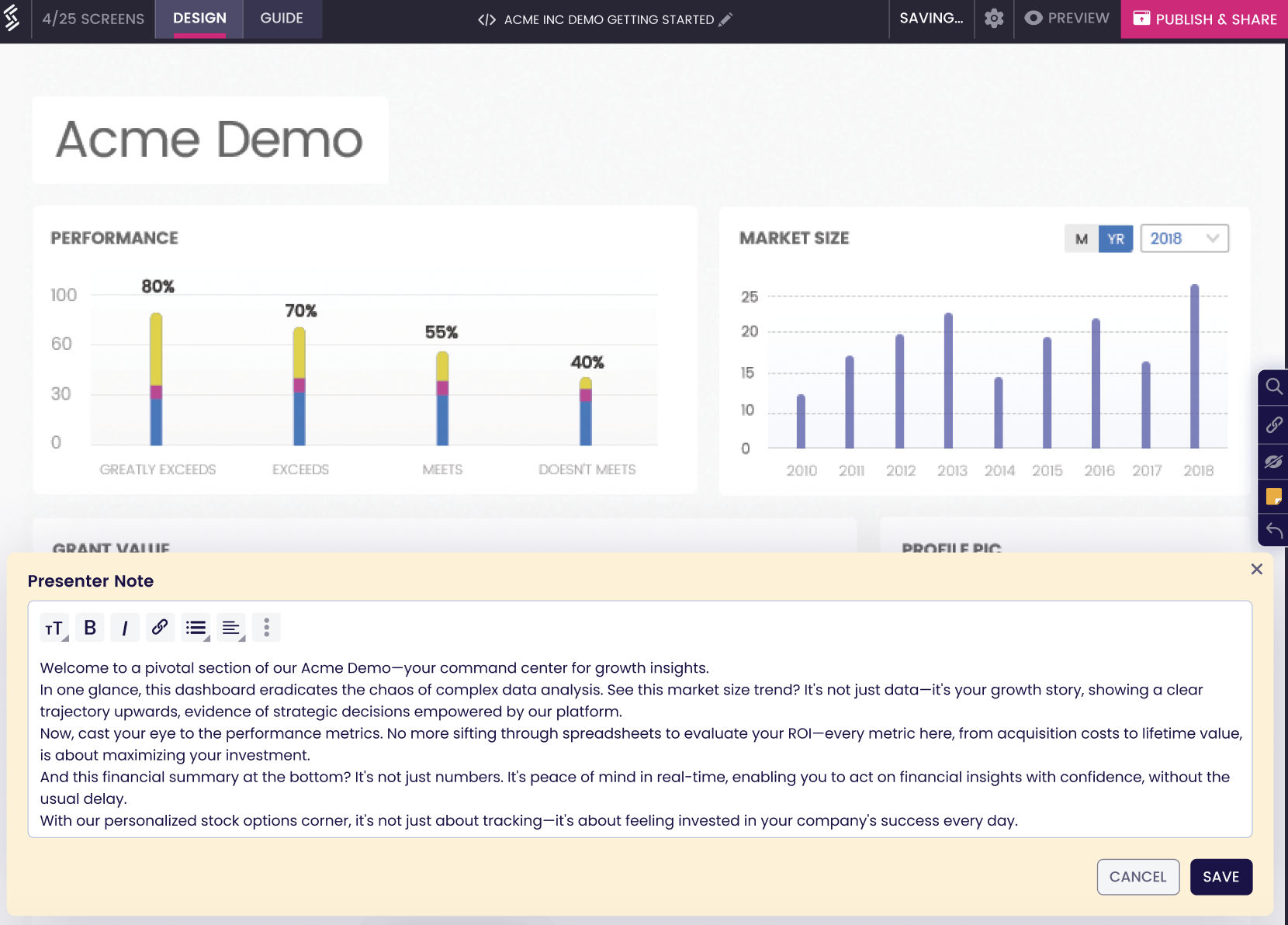
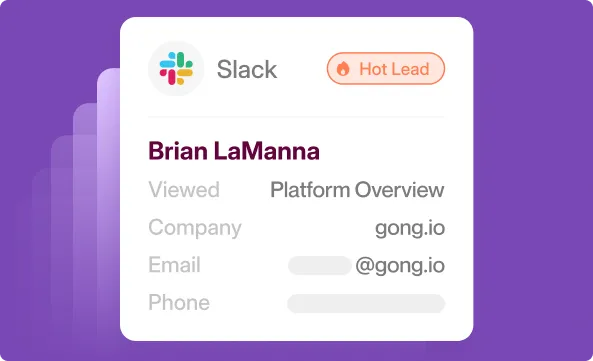
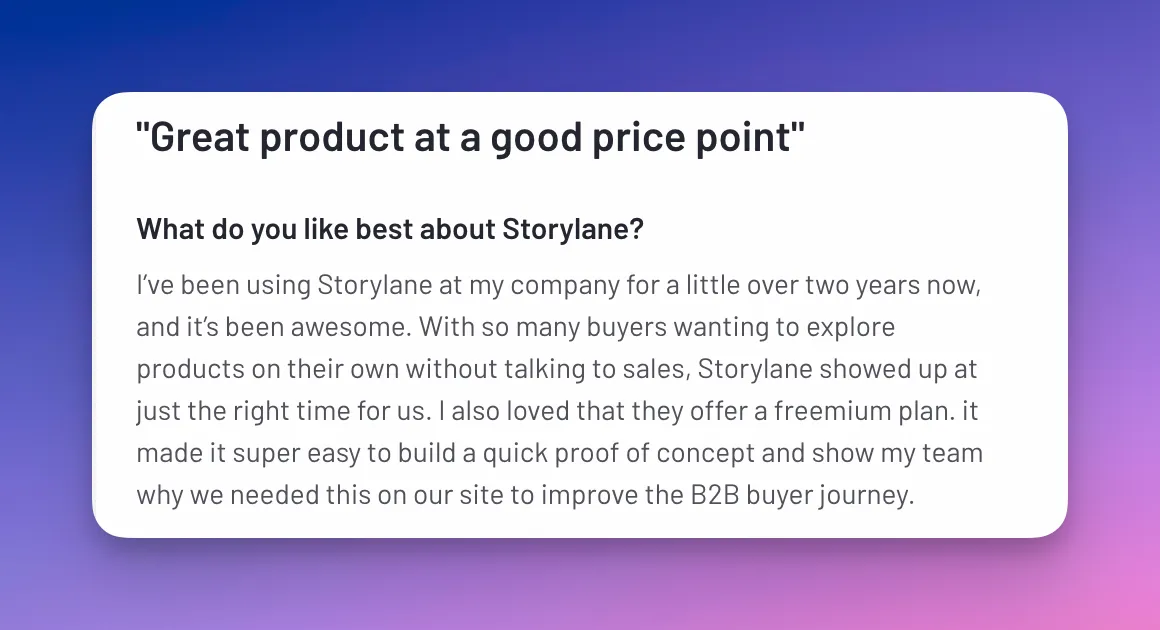
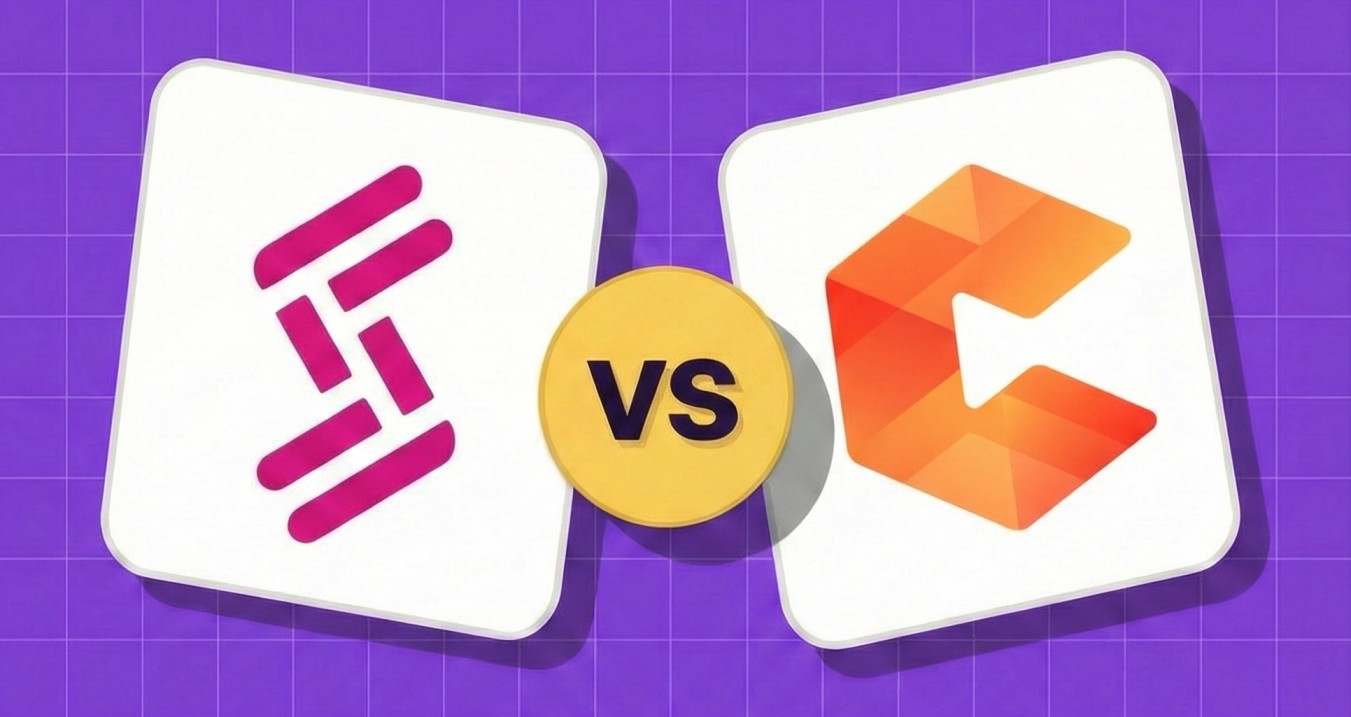
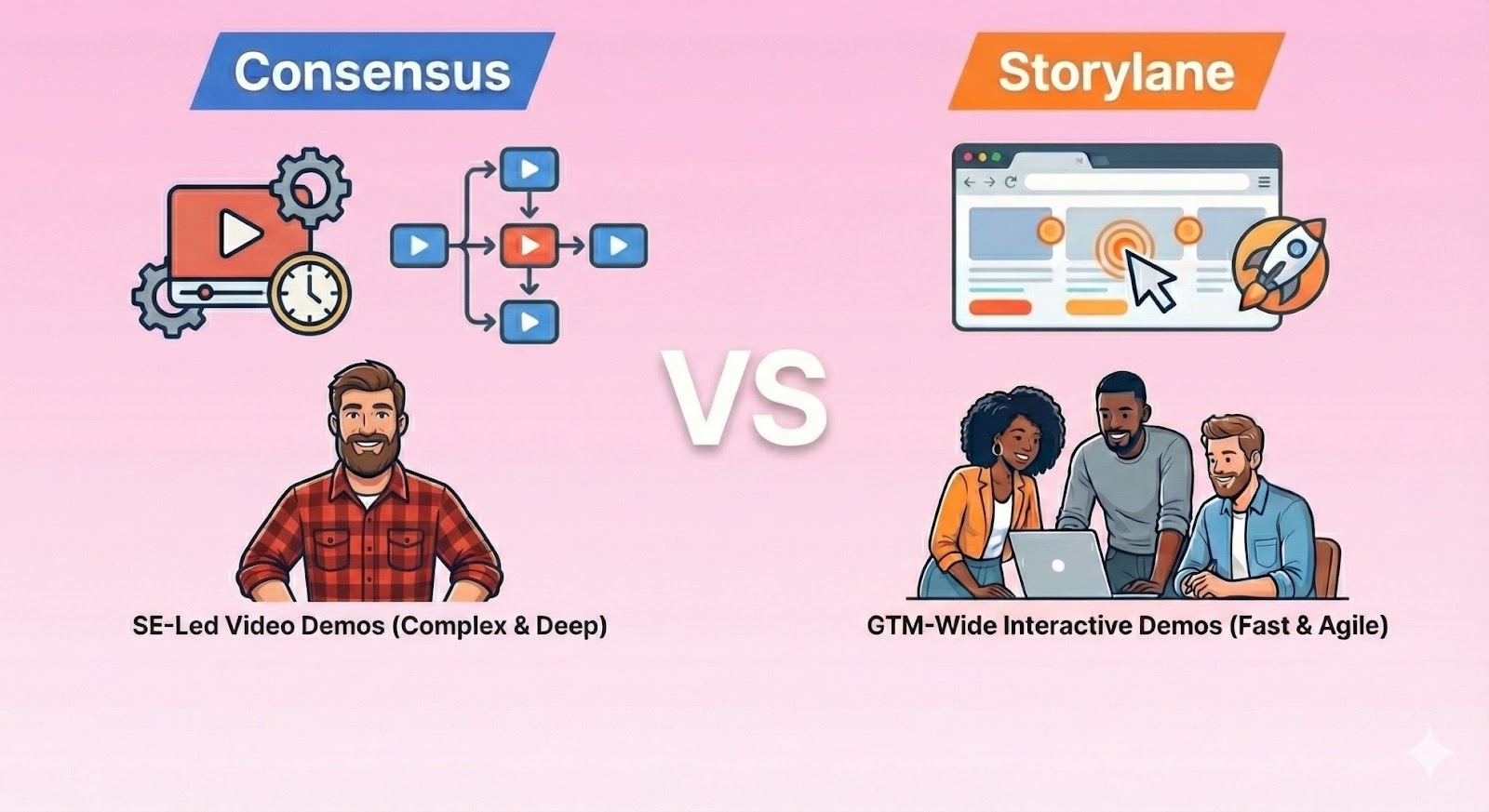
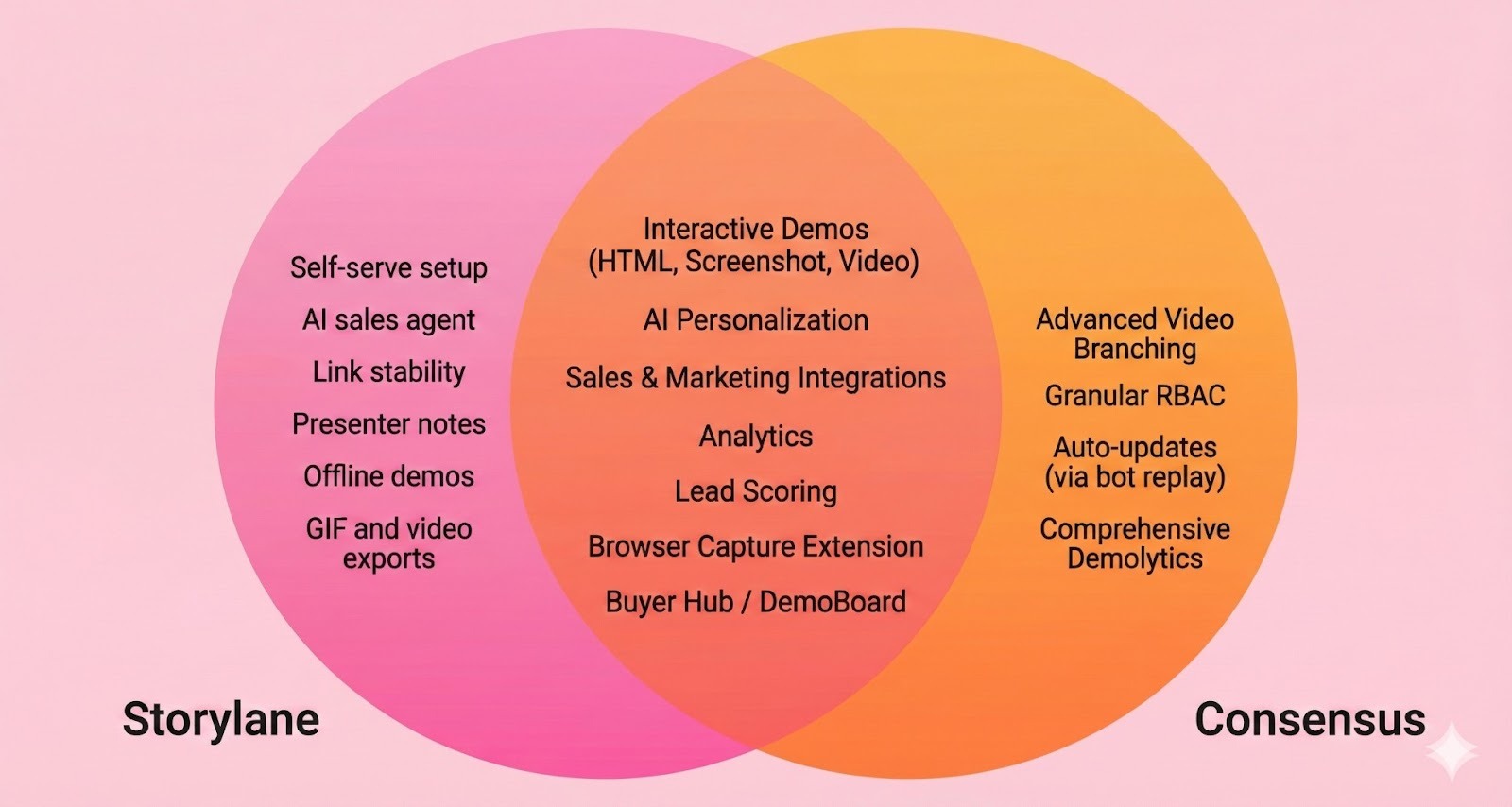

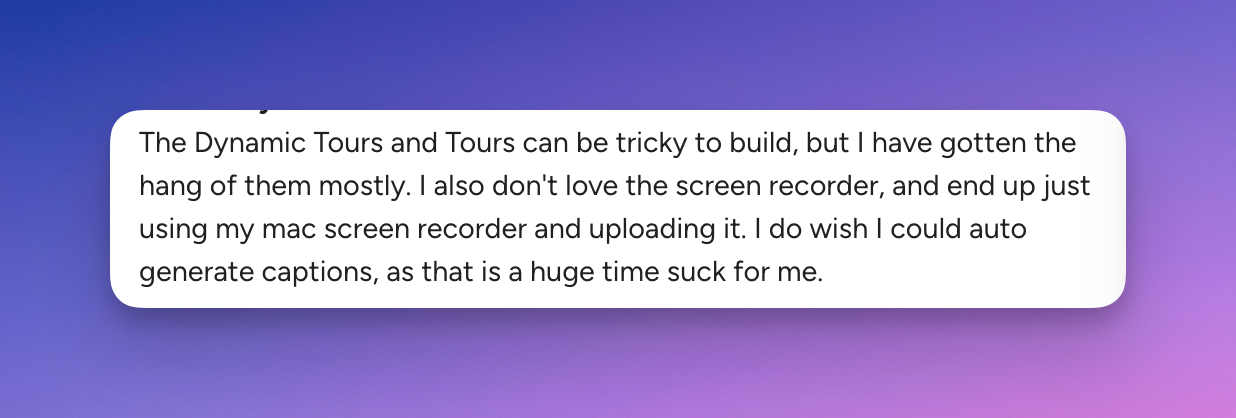
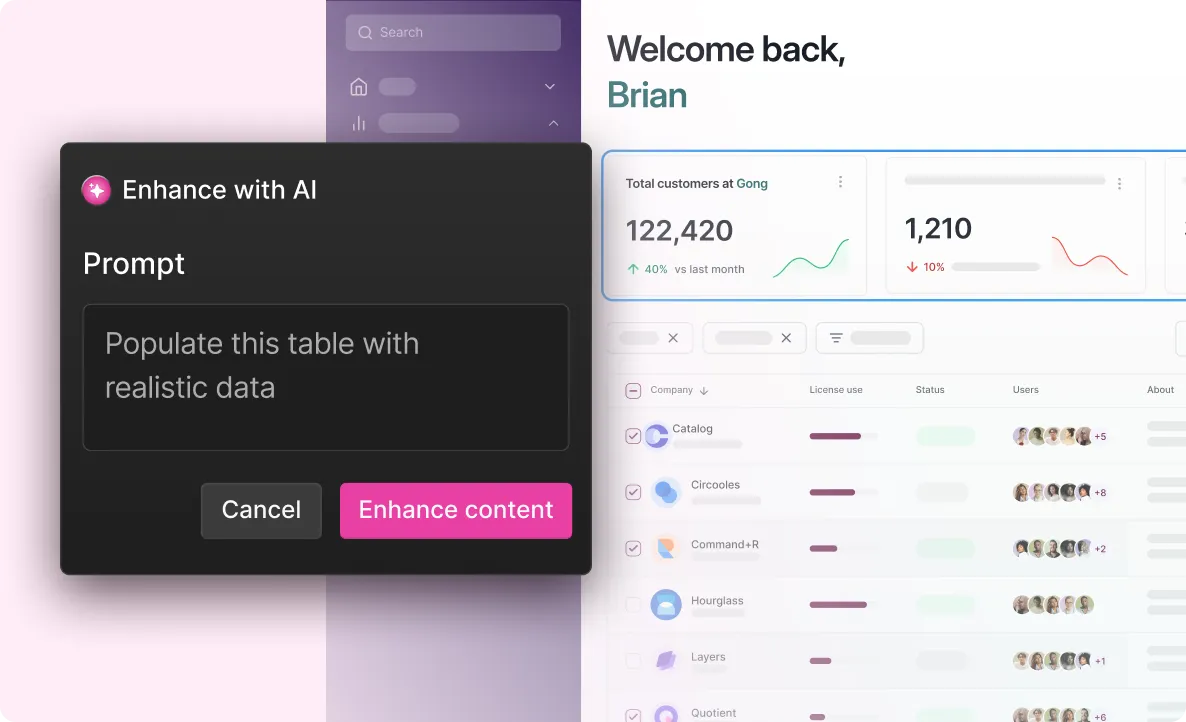

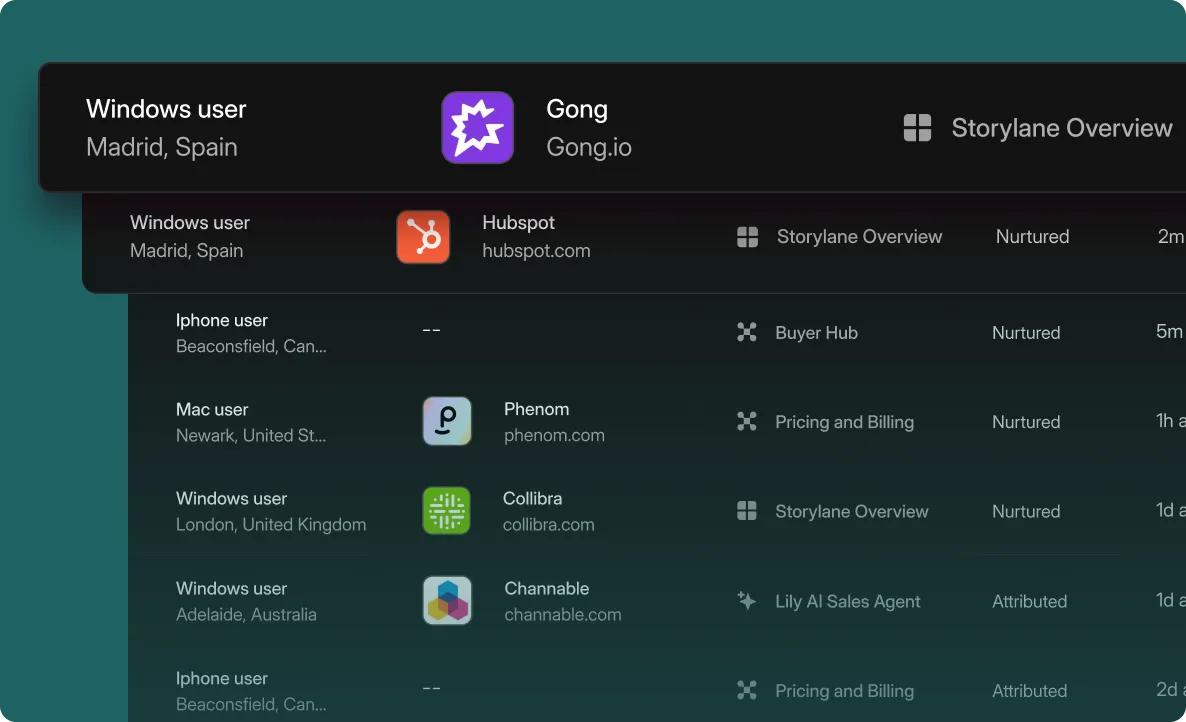
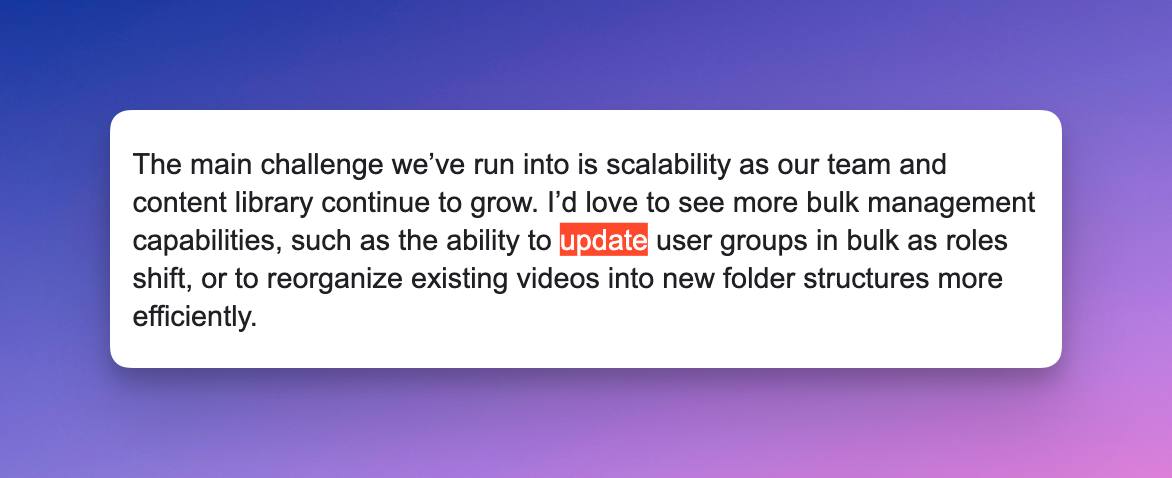

.svg)

.webp)